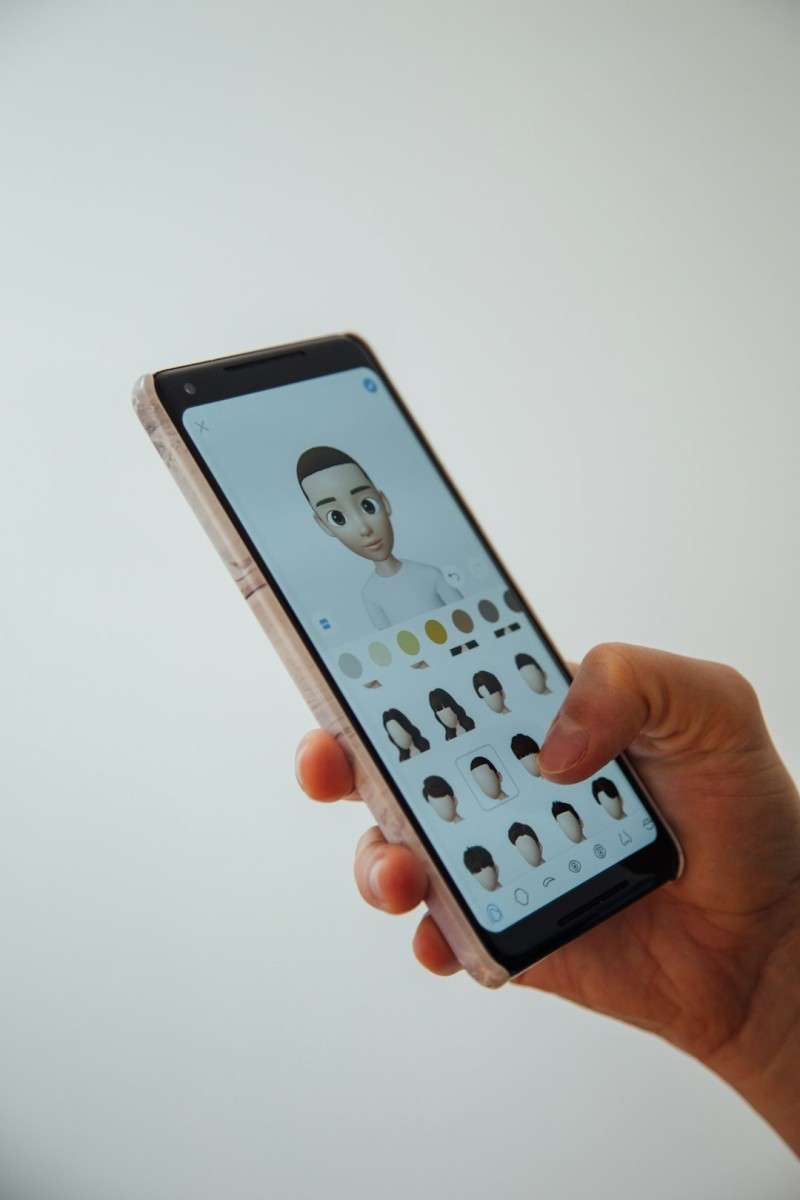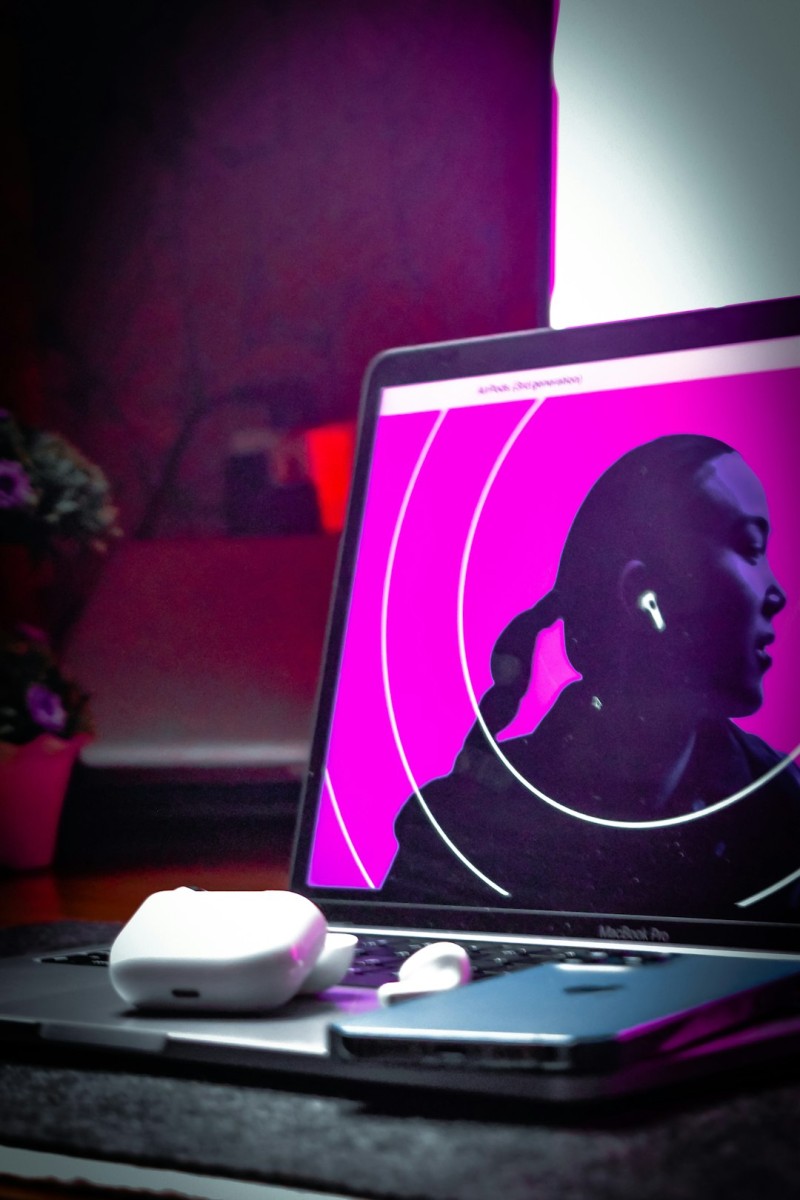Spotify Is Implementing Face Scans in the UK
In a surprising move that has sparked both intrigue and concern, Spotify has begun rolling out facial recognition technology in the UK. As the global music streaming leader continues to expand its personalized offerings, this next step utilizes face scans to help refine user experiences. But as with any technology that touches on biometric data, eyebrows are being raised over privacy, consent, and necessity.
The feature is being piloted among select users in the UK, with the company stating it is part of an ongoing effort to enhance user interaction and safety. So, what exactly does Spotify plan to do with your face, and how could it affect you as a listener?
What Is Spotify’s Face Scanning Technology?
The feature employs a device’s camera to capture a brief scan of a user’s face. According to Spotify, this is done to analyze emotional expression and match it to music recommendations. Essentially, if you look happy, you might get a playlist full of upbeat tracks. If you appear somber, Spotify could suggest slow indie tunes or instrumental pieces to match your mood.
This is built upon Spotify’s 2021 patent filing, which proposed the use of voice and background noise analysis to tailor recommendations. Facial recognition is viewed as the next logical step.

How It Works
Spotify’s system uses brief, consent-based facial scans that are processed in real time. The company claims that no images are stored, and the scans are used solely to interpret facial movement and emotion patterns. Here’s a simplified breakdown of how it’s expected to operate:
- The app prompts users to enable facial recognition for personalized music recommendations.
- Users look at their phone camera for a 1–2 second scan.
- Spotify’s algorithm interprets facial expressions to determine emotional state.
- A mood-oriented playlist is generated on the spot.
Spotify maintains that participation is entirely voluntary and users will have the ability to opt in or out at any time through the app’s settings.
Why Is Spotify Doing This?
The core motivation behind the face scan feature appears to be hyper-personalization. Spotify has long been known for its powerful recommendation algorithms and curated playlists like Discover Weekly and Wrapped. By tapping into biometric data, the company hopes to deliver an even more “in-the-moment’’ listening experience.
This could also be part of a broader strategy to introduce context-aware features. Mood-based playlists triggered by facial scans could eventually be integrated with time-of-day, weather, calendar events, and even social activity.

Privacy Concerns
Despite Spotify’s reassurances, the idea of a music app scanning your face is not sitting well with privacy advocates. Concerns have been raised about:
- The potential for facial data to be stored or mishandled
- Lack of clear regulation surrounding biometric technologies
- The psychological impact of being constantly analyzed by digital platforms
While Spotify claims the scans aren’t stored and that all processing is done locally, sceptics question whether future updates or data breaches could change that. Organizations such as Privacy International have called for stricter oversight and transparency regarding technologies that rely on biometric data.
Public Reaction
The introduction of face scanning has had a mixed reception in the UK. While some users are intrigued and excited by the potential for even more accurate music curation, others have marked it as a step too far. On social platforms like Twitter and Reddit, debates are raging between those praising innovation and those fearing surveillance.
Spotify has stated it welcomes feedback and will evaluate public response before a wider rollout is considered. Nonetheless, with big tech increasingly intertwining with biometric data, this could set a precedent for similar functionalities in other apps.
What’s Next for Spotify Users?
For now, the facial recognition feature remains in the testing phase, available to a limited number of users. If Spotify deems the trial a success, UK users could see a broader implementation within months—possibly followed by launches in other markets.
What remains to be seen is whether public opinion, or perhaps even intervention from data protection authorities, will force Spotify to adjust or delay its plans. Until then, UK users are advised to stay informed, check app permissions, and make use of opt-out options if they prefer to keep their listening habits, and their facial expressions, private.
Spotify’s foray into facial scanning is a bold move—a sign that the future of music streaming could be not just about what you want to hear, but how you feel while listening.



